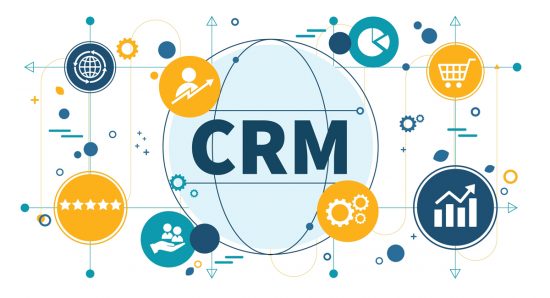In our previous article, we explored the reasons why B2B companies need a CRM tool to manage their customer relationships, optimise sales processes and turn valuable data into actionable insights. Now, we’ll take a look at how to pick the right CRM system that fits your business needs. There are many options available on the market, so you’ll want to think about several important factors when you make this decision.
Understanding Your Business Needs
The first step in choosing a CRM isn’t to look at the software options, but to understand your organisation’s needs. Every organisation has its own processes and challenges. A manufacturing company may need powerful inventory tracking and order management, while a consulting firm may focus more on project tracking and long-term relationship management.
Consider what specific problems you’re trying to solve. Are you losing track of customer follow-ups? Is important information scattered across different files and emails? Do you need a better overview of your sales pipeline and processes? Are you struggling to coordinate your team? Your sales cycle, customer interaction patterns, and team structure all influence which CRM will work best for you.
Key Features and Capabilities
A good CRM system should simplify your daily processes, not complicate them. Even though every company has specific requirements, certain features are essential. For B2B companies, it’s especially important to have a system that can handle multiple contacts within the same organisation and track complex sales cycles that often involve more than one decision-maker.
Key features should include clear contact management that allows you to track both company information and different contacts within each organisation. Document storage, email integration, and reporting capabilities can have a significant impact on your day-to-day operations. For example, if your sales team frequently sends out proposals, a CRM that can create and track these documents can save a lot of time. Integration options with your existing (or future) tools and software solutions are also crucial.
Making the Right Choice
When choosing a CRM system, consider both your current and future needs. Start with a system that meets your immediate challenges but can grow with your organisation. Tools with lots of features may seem tempting, but you should be careful not to choose a solution that is too complex for your team to manage. The most expensive or sophisticated CRM won’t deliver results if it doesn’t match your team’s capabilities.
Cost is obviously an important factor, but don’t just look at the base subscription price. Also consider the additional costs of implementation, training, and extra features you may need as your business grows. Sometimes a slightly higher initial investment in a more suitable system can save you money in the long run, as you won’t have to switch platforms later on.
Successful Implementation
The success of your CRM largely depends on how well it’s implemented. Start with basic features that address your immediate needs and then gradually introduce more advanced features. Proper training is critical; invest time to help your team understand how to use the system effectively. Consider appointing one person from your team to guide the CRM implementation. This person can help others get used to the new system and ensure that it’s used consistently by everyone. Regular check-ins the first few months can help to identify and resolve any issues quickly.
Remember, choosing a CRM system isn’t just about choosing software; it’s about finding a tool that will help your organisation build stronger customer relationships and drive growth. Take the time to evaluate your options, include your team in the decision, and choose a system that truly fits your organisation’s needs. The right CRM will grow with your business and become an invaluable tool for effectively managing customer relationships.
